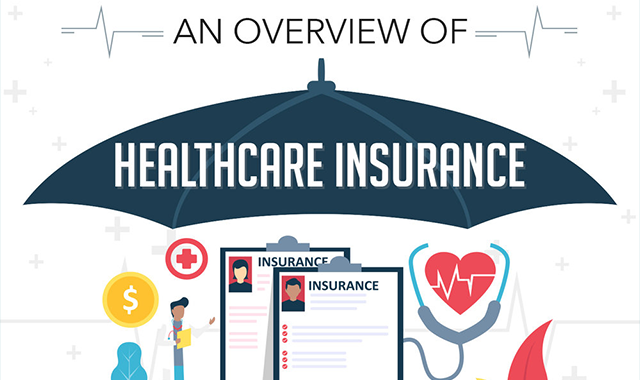Health insurance is a contract between an individual and an insurance company, where the insurer agrees to cover part or all of the insured’s medical expenses in exchange for a premium. This coverage can include a wide range of healthcare services, from routine check-ups to emergency surgeries. Health insurance can be obtained through employer-sponsored plans, government programs, or purchased individually.
Employer-Sponsored Health Insurance
Many employers offer health insurance as part of their benefits package. These plans are often subsidized by the employer, making them more affordable for employees. Employer-sponsored plans usually provide a variety of coverage options, allowing employees to choose a plan that best fits their needs.
Government Programs
Government health insurance programs, such as Medicare and Medicaid, provide coverage for specific populations. Medicare primarily serves individuals aged 65 and older, while Medicaid offers assistance to low-income individuals and families. These programs are designed to ensure that vulnerable populations have access to necessary healthcare services.
Individual Health Insurance
Individuals who do not have access to employer-sponsored or government programs can purchase health insurance on their own. These plans can be obtained through the Health Insurance Marketplace or directly from insurance companies. Individual plans offer a range of coverage options, from basic to comprehensive, allowing individuals to select a plan that aligns with their healthcare needs and budget.
Health Maintenance Organizations (HMOs)
HMOs require members to choose a primary care physician (PCP) who coordinates their care and provides referrals to specialists. These plans typically have lower premiums and out-of-pocket costs but offer less flexibility in choosing healthcare providers. Members must use doctors and hospitals within the HMO network, except in emergencies.
Preferred Provider Organizations (PPOs)
PPOs offer more flexibility in choosing healthcare providers and do not require referrals to see specialists. Members can see any doctor or specialist, but using providers within the PPO network results in lower out-of-pocket costs. PPOs usually have higher premiums and out-of-pocket expenses compared to HMOs.
Exclusive Provider Organizations (EPOs)
EPOs combine features of HMOs and PPOs. Members must use the plan’s network of doctors and hospitals but do not need referrals to see specialists. EPOs typically have lower premiums than PPOs and more flexibility than HMOs. However, there is no coverage for out-of-network care, except in emergencies.
The Importance of Health Insurance
Health insurance is vital for several reasons, including financial protection, access to care, and preventive services.
Financial Protection
Medical expenses can be significant, especially in the case of a serious illness or injury. Health insurance helps protect individuals from high medical costs by covering a portion of the expenses. Without insurance, individuals may face substantial financial hardship or debt due to medical bills.
Access to Care
Health insurance provides access to a network of doctors, hospitals, and other healthcare providers. This network ensures that individuals receive necessary medical care promptly. Insurance also helps individuals afford routine check-ups, screenings, and preventive services that can detec issues early.
Peace of Mind
Having peace of mind, knowing that one is protected against unexpected medical expenses. This security allows individuals to focus on their health and well-being without the constant worry of how to pay for medical care.
How to Choose the Right Health Insurance Plan
Selecting the right plan involves evaluating various factors, including coverage needs, budget, network of providers, and plan benefits.
Network
A group of doctors, hospitals, and other healthcare providers that have contracted with the insurance plan to provide services at discounted rates. Using in-network providers usually results in lower costs.
Conclusion
Health insurance is an essential component of financial planning and health management. It provides financial protection, access to care, and preventive services that help individuals maintain their health and well-being. Understanding the different types of health insurance plans and their benefits can help individuals make informed decisions about their healthcare coverage. By assessing your coverage needs, evaluating costs, checking provider networks, comparing plan benefits, and understanding plan rules, you can choose the right plan for you and your family.
